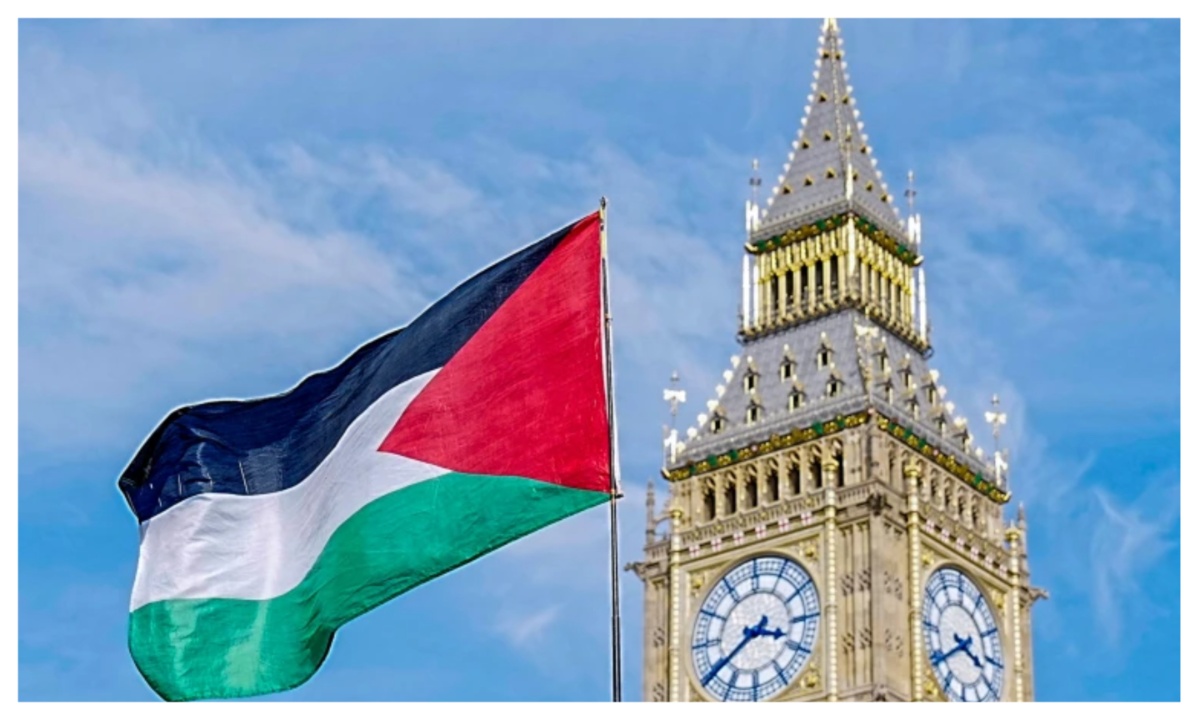World News
UK, Australia, Canada Jointly Announced Recognition of Palestinian State, Urge Two-State Path

In a coordinated and significant diplomatic move, the United Kingdom, Australia, and Canada have formally recognized the State of Palestine. The three nations, in a joint declaration issued on Sunday, pledged their support for the creation of an independent Palestinian homeland and urged a return to a negotiated two-state solution for the decades-long Israeli-Palestinian conflict. The decision, which places the three Commonwealth allies among more than 140 nations that already acknowledge Palestinian statehood, is widely seen as an attempt to intensify international pressure for a peaceful resolution ahead of this week’s United Nations General Assembly in New York.
British Prime Minister Keir Starmer confirmed the U.K.’s decision in a televised address and on his official X account, framing the move as a “necessary step to keep alive the hope of peace” in the Middle East. He was quick to clarify that the recognition was not intended as a reward for Hamas, which he called a “brutal terror organization,” but rather an effort to secure a safe and viable future for both Israelis and Palestinians. Starmer also condemned what he described as an “intolerable humanitarian catastrophe” in Gaza, where tens of thousands have died. Similarly, Canadian Prime Minister Justin Trudeau and Australian Prime Minister Anthony Albanese issued parallel statements, stressing that the recognition was intended to reignite dialogue and reflects a belief in “equal rights and lasting peace.”
The UK’s decision, in particular, carries immense historical and symbolic weight. Its involvement in the region dates back over a century, most notably through the 1917 Balfour Declaration, which publicly endorsed the establishment of a “national home for the Jewish people” in Palestine, and its subsequent post-World War I mandate over the territory. These historical actions are seen by many as having fundamentally shaped the modern conflict. For many, the UK’s formal recognition of Palestinian statehood is an attempt to address a colonial-era legacy and affirm the long-denied right of the Palestinian people to self-determination. This move puts the three nations at odds with the United States, which has consistently argued that a Palestinian state should only be established through a negotiated settlement between the parties, not through unilateral recognition.
The announcement has drawn strong and contrasting reactions from the key players in the region. Israeli Prime Minister Benjamin Netanyahu’s office condemned the decision, describing it as a “huge reward to terror” and vowed to announce a formal response after his upcoming visit to the United States. Meanwhile, the Palestinian Authority, led by President Mahmoud Abbas, welcomed the move as a “necessary and correct step.” The timing of the coordinated recognition is strategically tied to the upcoming UN General Assembly, where the international community will once again debate the future of the Israeli-Palestinian conflict. The recognition is meant to bolster support for a diplomatic resolution and signal a growing international consensus that a two-state solution is the only viable path forward, even as ongoing violence and settlement expansion on the ground make it appear increasingly out of reach. While the recognition is a major step, it does not automatically grant Palestine full membership in the UN, which would require a recommendation from the Security Council, where the United States holds veto power.
The actions of the UK, Australia, and Canada, once close allies that mirrored US foreign policy in the region, suggest a significant shift in diplomatic strategy. They appear to believe that a new approach is necessary to break the cycle of violence and diplomatic stalemate. The move is a calculated risk, as it could be seen by some as undermining Israel’s security, while others view it as the only way to pressure all sides into a meaningful dialogue. Analysts agree that the true impact of this recognition will only be seen in the long term, depending on whether it leads to a genuine resumption of peace talks and a more active role for the international community in resolving the conflict.








